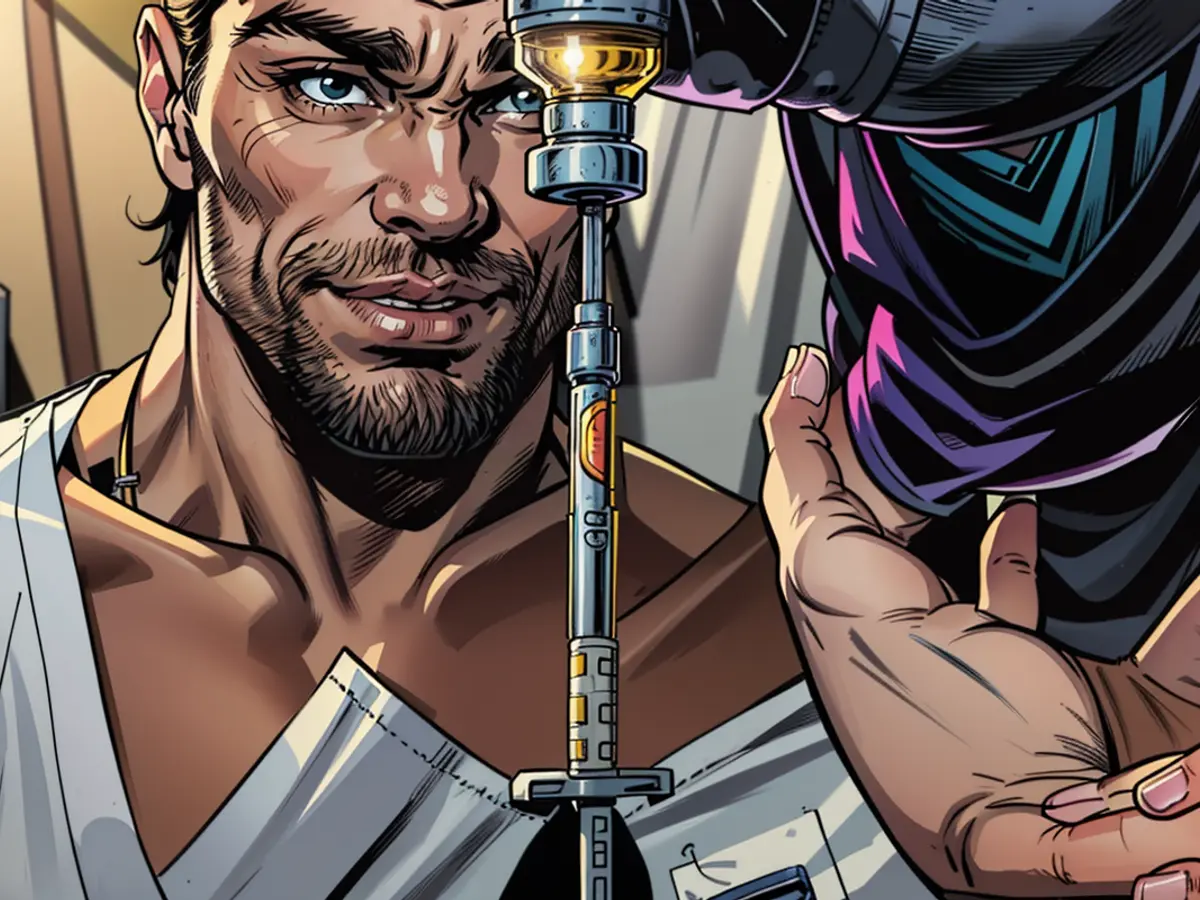- Upcoming Initiation of Polio Vaccination Programs in Gaza
In the Gaza Strip, preparations are full swing for a large-scale vaccination initiative against the polio virus in children. All parties reportedly gave "preliminary assurances for area-specific humanitarian truces." These are short-term ceasefires. Following the first polio case in 25 years reported in Gaza, the vaccination drive aims to prevent a widespread outbreak of the highly infectious disease.
The campaign starts on Sunday, with operations from 6 AM to early afternoon, as per Rik Peeperkorn, WHO representative for the Palestinian territories. About 640,000 children under 10 will be vaccinated. They need two doses of the vaccine, spaced four weeks apart.
"We plead with all parties to halt hostilities to guarantee children and families secure access to healthcare facilities and allow our team to reach children without healthcare access," said Peeperkorn. Israel reportedly consented to daily truces for the vaccination drive, although the Israeli government has yet to comment on this.
Netanyahu: Truces don't mean a pause in weapons
The Israeli military had earlier announced multi-hour "tactical pauses" in its activities in Gaza Strip regions, primarily to facilitate more aid deliveries. The last such restricted, time and space-specific truces were in June in the southern coastal region.
Israeli Prime Minister Benjamin Netanyahu reportedly stated that the planned truces are "not a truce in weapons." A similar truce occurred in November last year as part of a deal between the Israeli government and Hamas. During this one-week truce, over 100 hostages were released in exchange for 240 Palestinian prisoners.
More than 2100 personnel have been trained for the vaccination drive, according to the WHO. About 400 stations will be set up, and about 300 mobile teams will be deployed to reach children. The vaccination will be carried out in sectors, first in central Gaza Strip, then in the south, and finally in the north, with three days needed for each sector. However, an extension by one day is agreed if not enough children have been vaccinated by then. Palestinian sources suggest that people will be notified about the vaccination drive through telephone and social media.
Israel reportedly brought in vaccines for 1.25 million people through Kiryat Shalom crossing into the contested area a few days ago. Previously, UNICEF had delivered special cooling equipment for the storage and transportation of the vaccine doses.
The Gaza Strip had been polio-free for 25 years. WHO aims to reach over 90% of children to prevent the virus spread. In the past, the willingness of people to be vaccinated has always been high. However, a recent case was discovered. A 10-month old baby from Deir al-Balah showed signs of paralysis in the left leg but is in stable condition.
Since the war following the Hamas terrorist attack on the Israeli border region on October 7 last year, many babies in Gaza Strip have been unable to be vaccinated. The poor hygiene conditions in the coastal strip, where many internal refugees often have to live in close quarters and clean water is scarce, can contribute to a rapid spread of the disease, according to WHO.
The polio virus infects the digestive tract
Polio, also known as "childhood paralysis," is a highly contagious virus that typically infects the digestive tract. The virus is usually spread through contaminated hands as a "contact infection," or contaminated water in countries with poor hygiene standards.
Only in about one in 200 cases does an infection lead to the irreversible paralysis typical of polio - and that only in unvaccinated individuals. There is currently no cure.
Through global vaccination campaigns initiated in 1988, an estimated 20 million people have been spared paralysis and 1.5 million deaths have been prevented, according to the WHO. Prior to the introduction of vaccines, there were thousands of cases and hundreds of deaths annually just in Germany. However, vaccination rates are now dangerously low in many places.
The UN has expressed its support for the humanitarian truces in the Gaza Strip, aiming to ensure safe access for healthcare workers and vaccination teams. Despite Israel's assertion that planned truces are not a pause in weapons, the UN continues to advocate for peace and the protection of innocent lives during the vaccination initiative.








